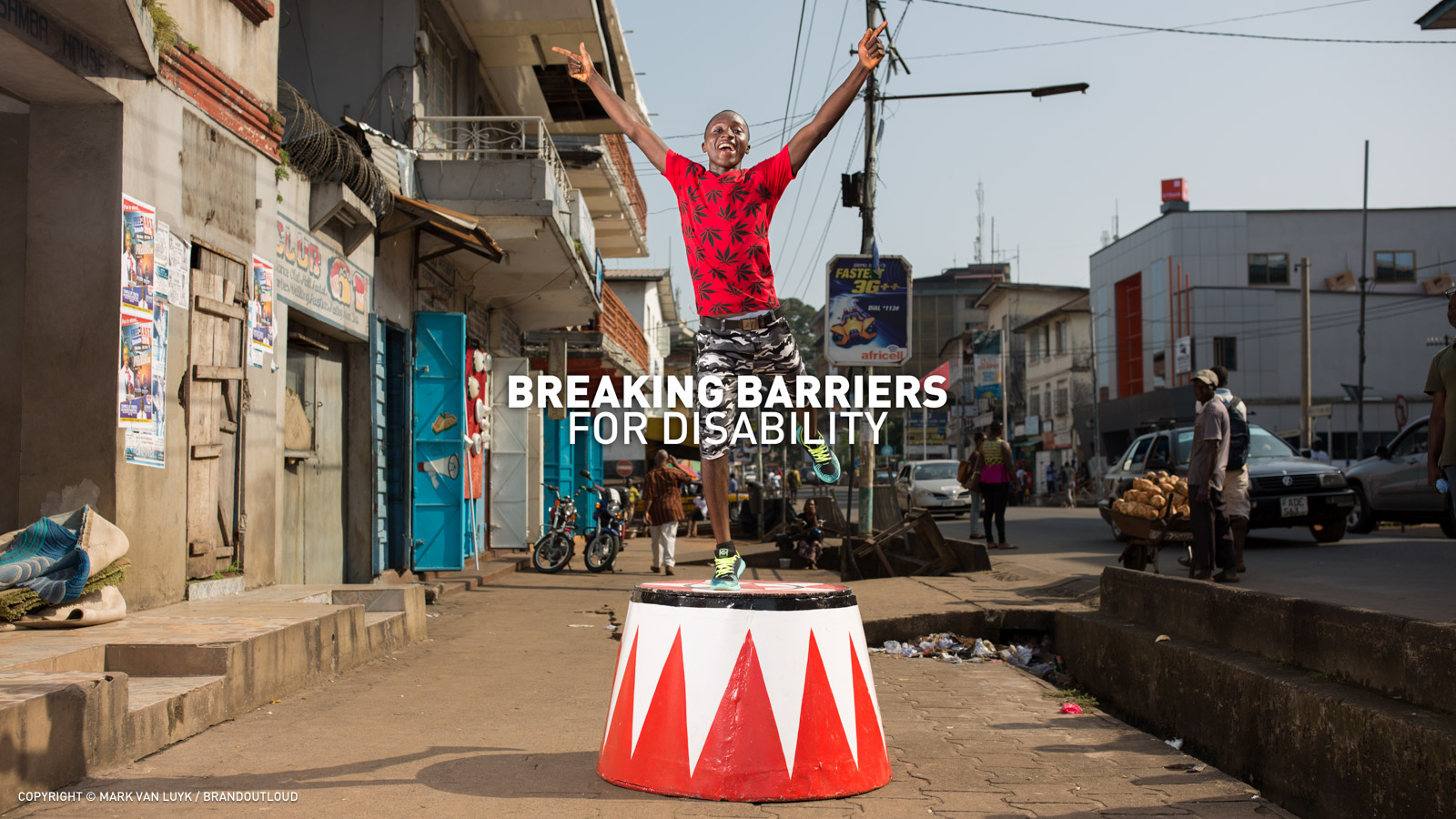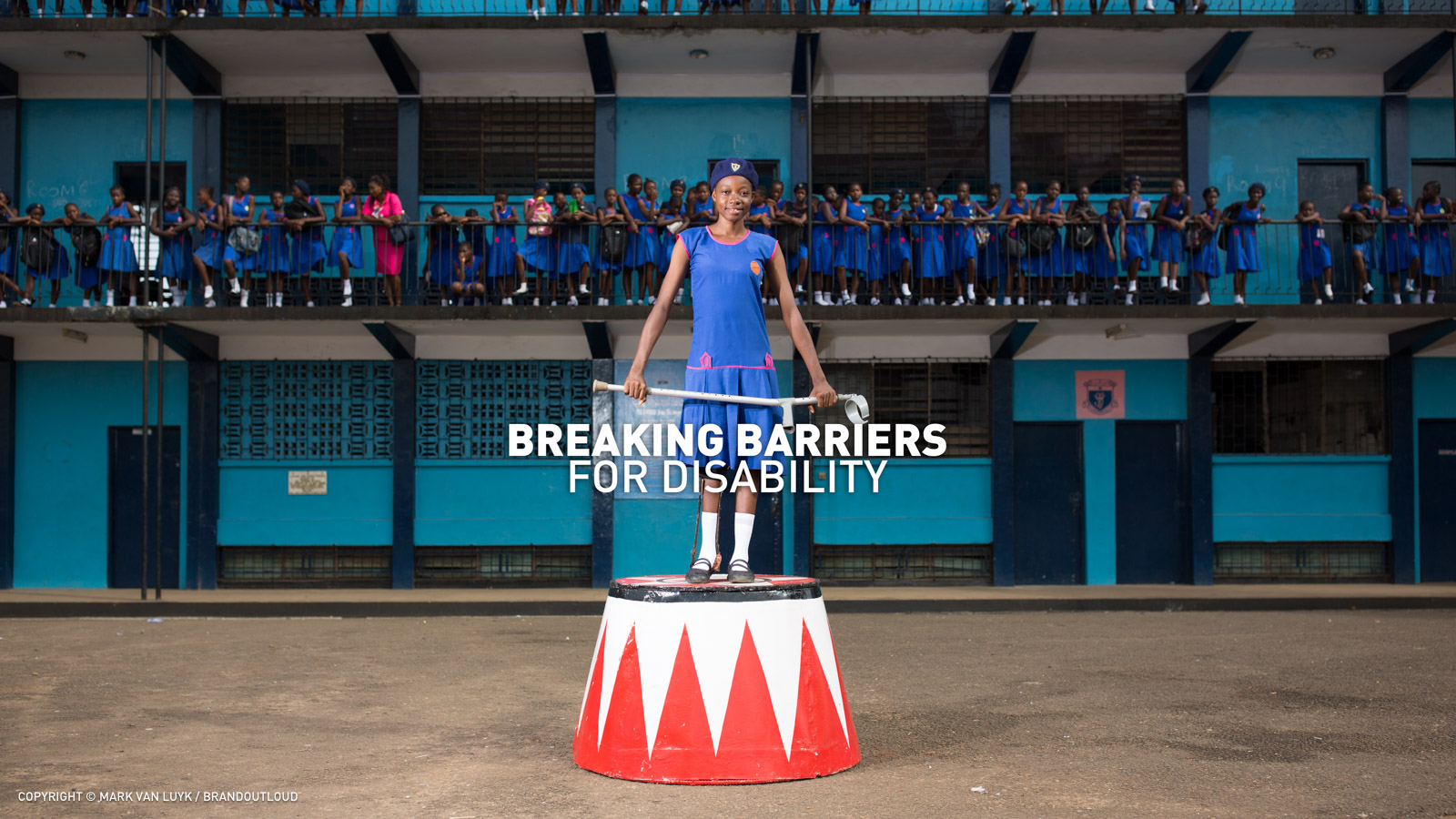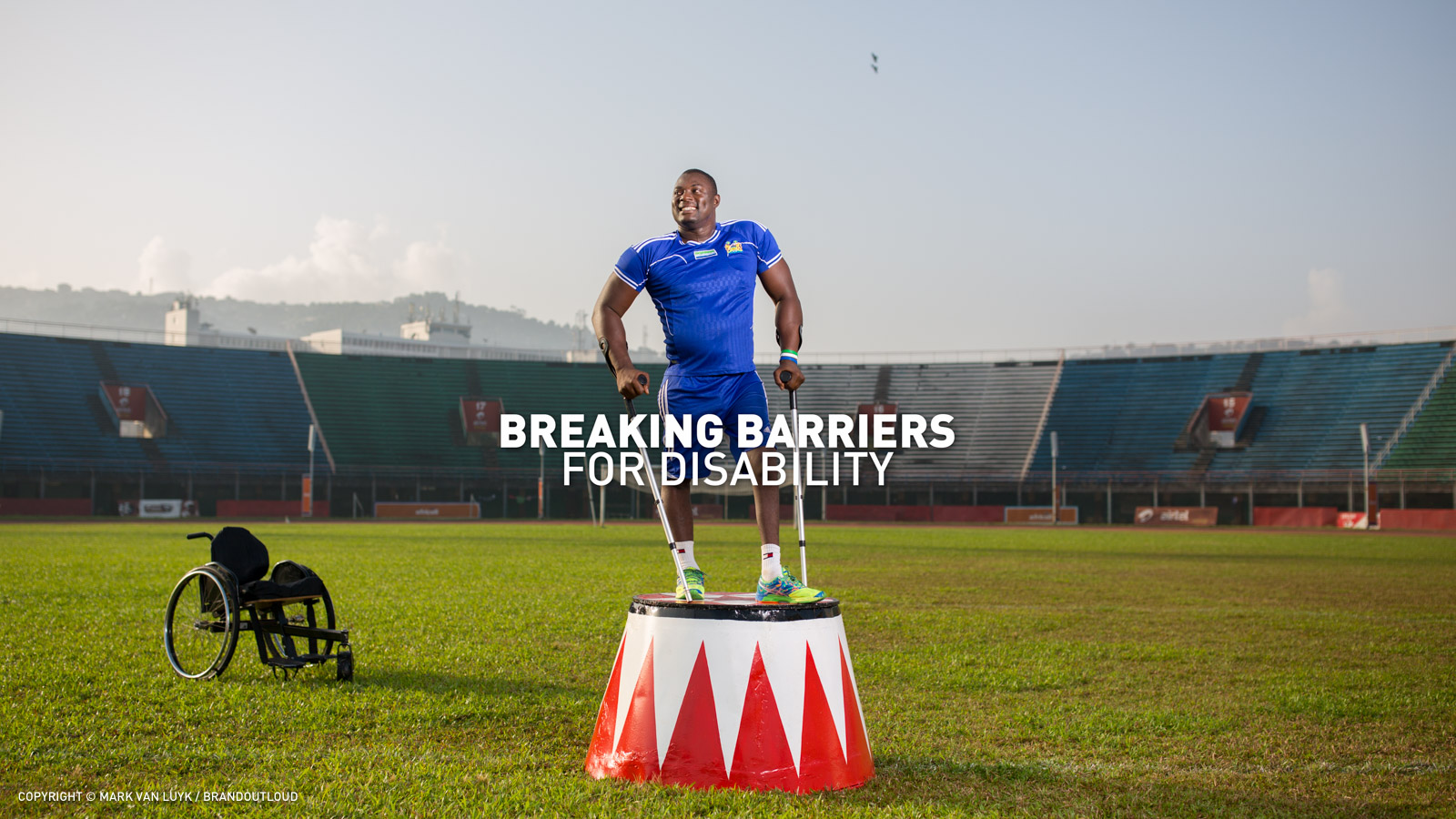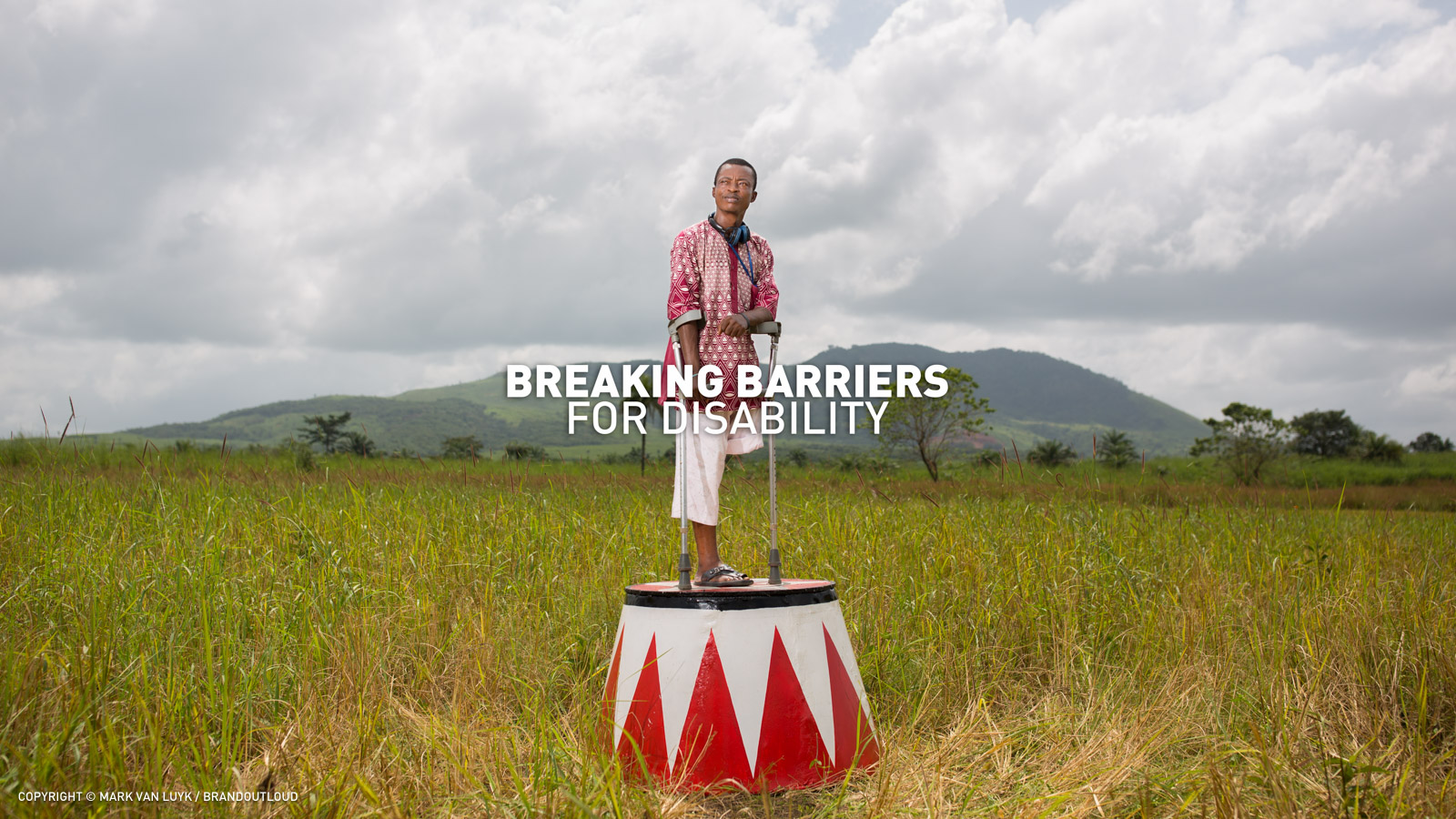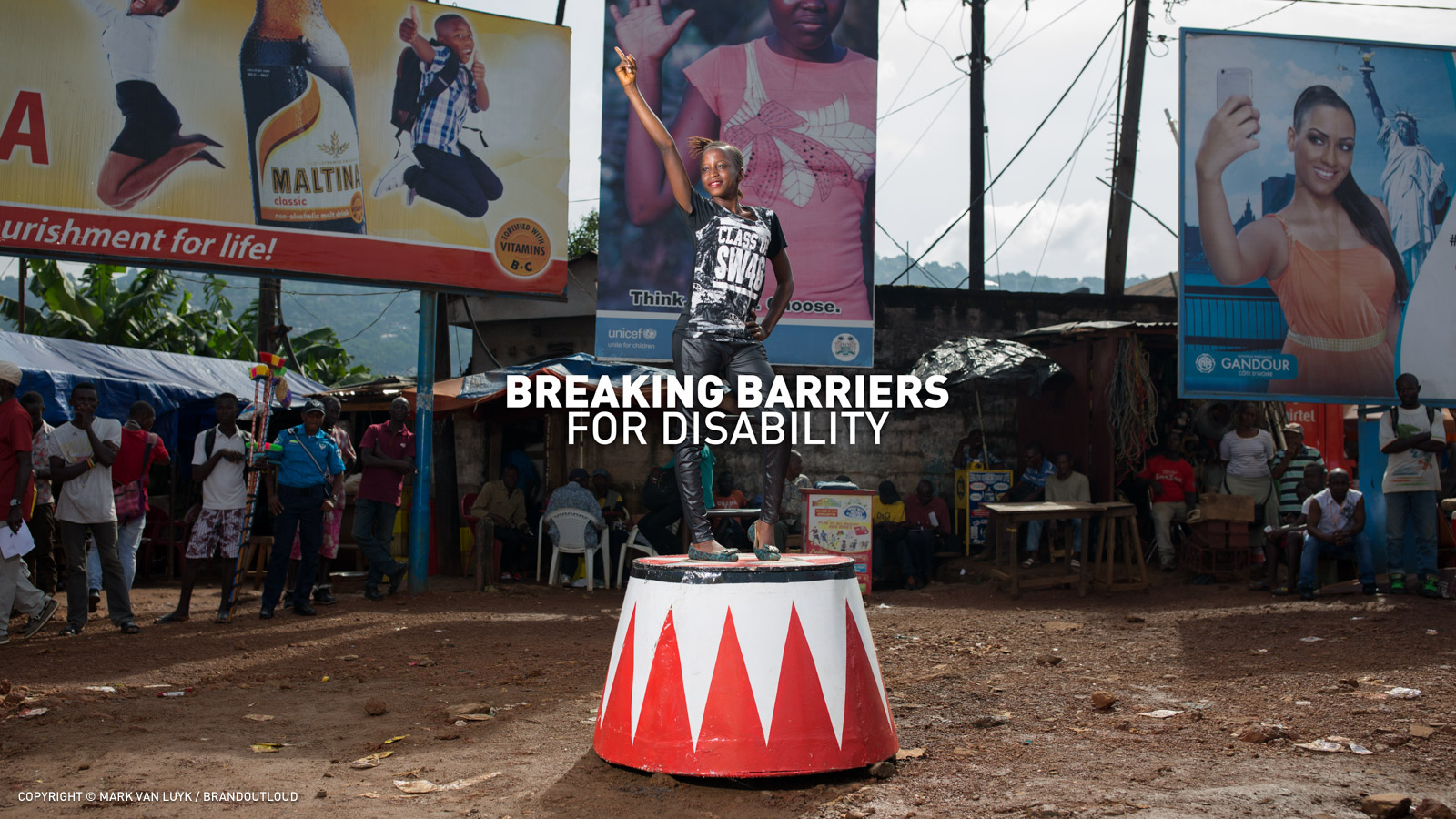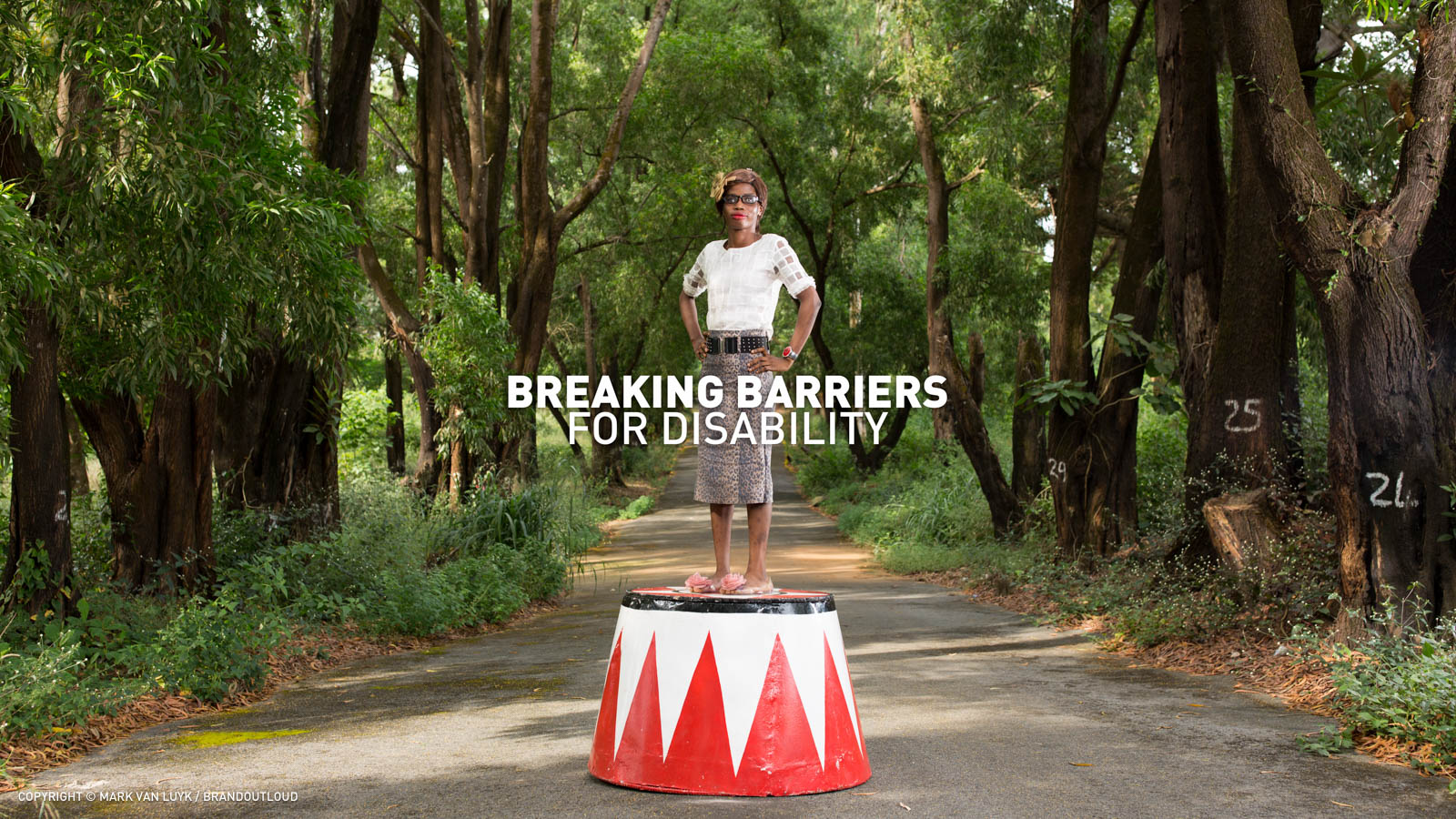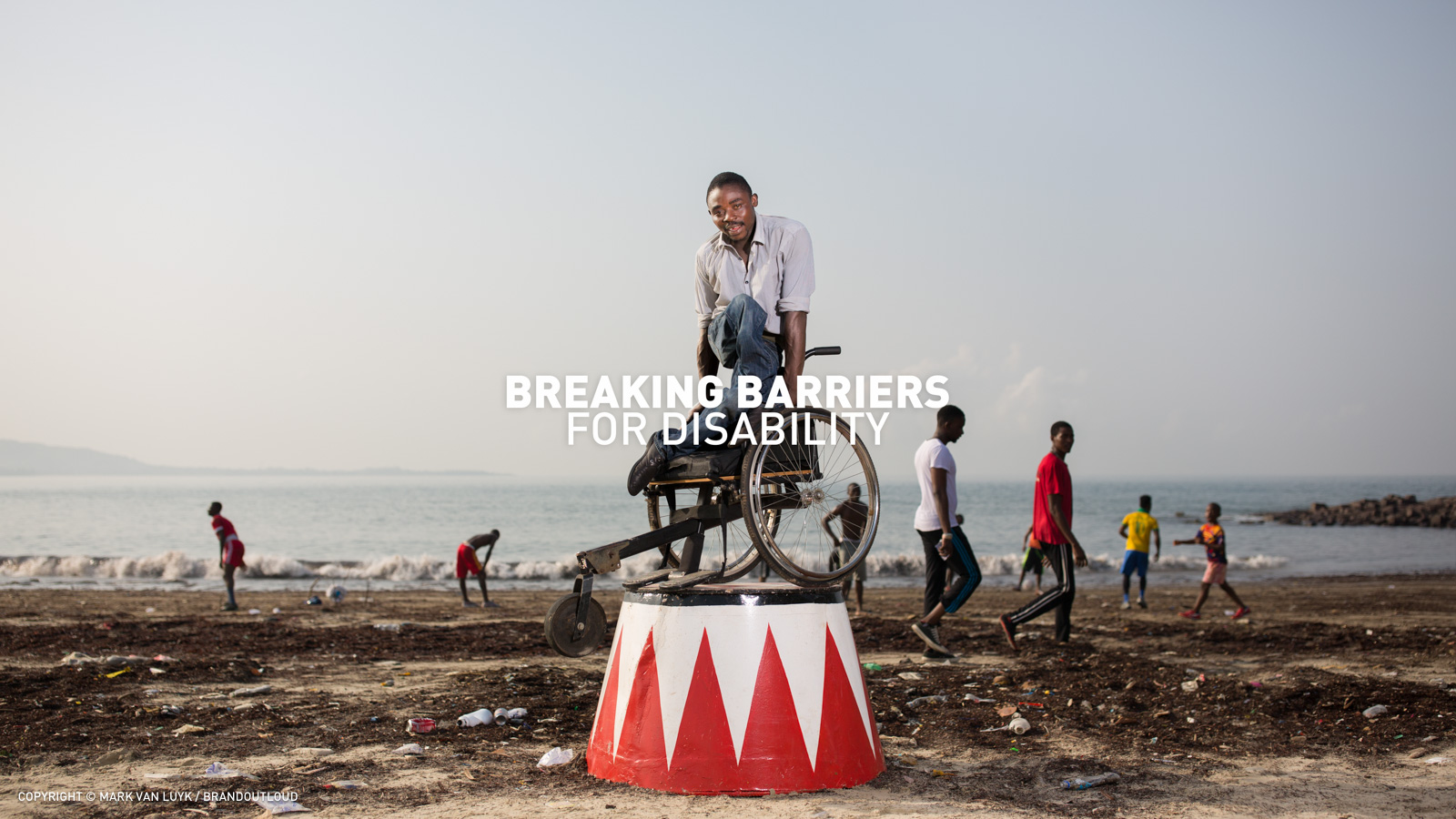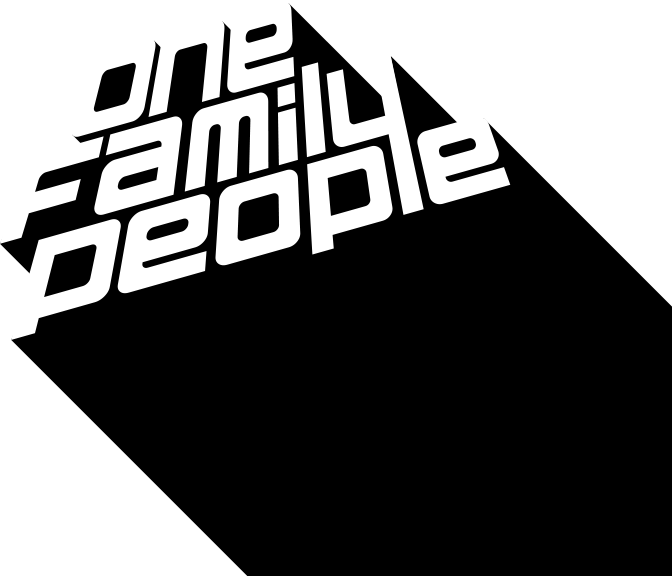Context
Lack of services
Since the civil war that plagued the country from 1991–2002, Sierra Leone has made tremendous progress. However, persons with disabilities remain the most marginalised and poorest in the country.
Despite the rights guaranteed to persons with disabilities in the UN Convention and the Disability Act of 2011, the majority are denied access to basic services such as education, employment, health care, social and legal support. They are rarely targeted by mainstream organisations and when they are, the support does not address their basic needs. In times of emergency, they are often the last to receive information about prevention or evacuation, if they are even reached out to at all.
The outbreak of the Ebola Virus Disease (EVD), a deadly and highly contagious virus which spread rapidly and took thousands of lives, hit Sierra Leone the hardest and further weakened the country’s already poor economic infrastructure. This took a particular toll on persons with disabilities. In 2014, Sierra Leone was officially declared to be ‘Ebola-free’, but the struggles to overcome the effects of the virus are still very visible.
Agents of change
In spite of everything, persons with disabilities band together. They are extremely active in collectively mobilising and there’s an extended network of Disabled Person Organisations (DPOs) which has developed as part of a booming civil society since the end of the war. OneFamilyPeople helps to build the capacity of these organisations.
Breaking the barriers
The main factors that continue to limit persons with disabilities in Sierra Leone are the widespread misconceptions and stereotypes informing the attitudes and behaviours of service providers, businesses, community groups, governments and individuals. Changing these misconceptions to counter stigma and discrimination is the key to achieving a more inclusive society.
